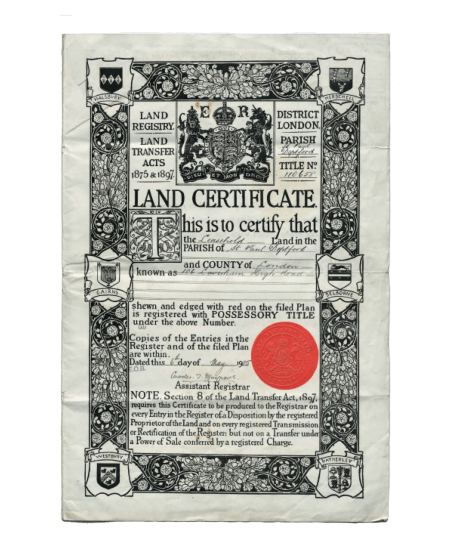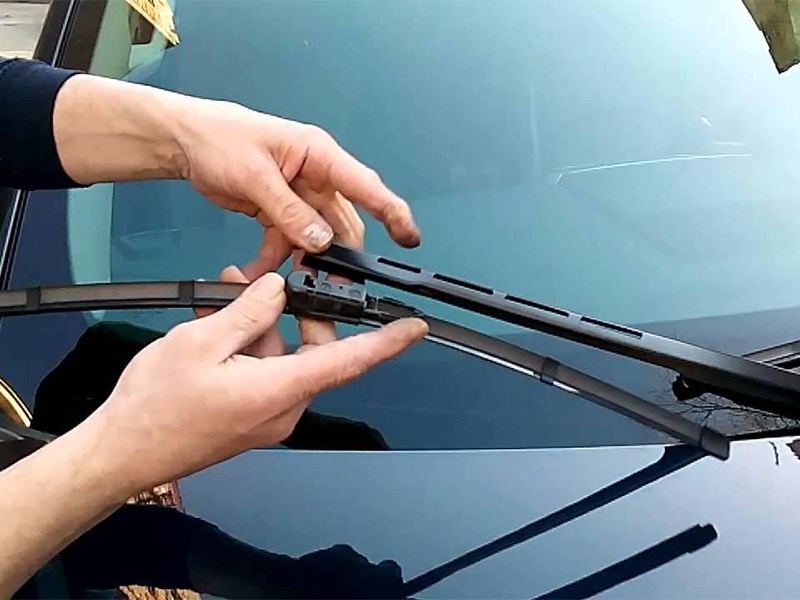
How to become a truck driver
Do you dream of hitting the open road, where only highways and miles run ahead? Whether your dream is to drive a big truck or box truck doing local or regional hauling, this is a career that is always hiring and expanding.
Here are some tips and steps you can take to become a truck driver:
Know Your Trucks
Light trucks are commonly used by smaller companies such as contractors, plumbers, and for home use, and weigh less than 10,000 pounds of Gross Vehicle Weight (GVW).
The medium duty truck is more used in construction, garbage transportation, maintenance, etc., and its gross weight ranges from 10,001 to 26,000 pounds.
Heavy duty trucks, also known as large rigs and off-road (OTR) or long haul trucks, are used for hauling, hauling materials, mining, etc. and have a GVW of over 26,000 pounds.
Learn the types of truck driver jobs and decide which path you want to take. A local truck driver operating a light or medium duty truck delivering goods to a location and returning home every evening has different milestones and requirements than a long distance driver operating a heavy duty truck that may be on the road for several days or weeks. In addition, some drivers choose to invest very heavily in their own truck, while others prefer to be employed by local trucking and transportation companies. Both have their pros and cons and depend on what type of investment you want to make when choosing a career. Once starting their career, truck drivers often start with a company and expand on their own after some time, experience, and savings.
Know the driving license requirements
Follow the instructions to get what you need. A local truck driver operating light and medium duty trucks will only need a state driver's license; however, you will need a specialized commercial driver's license (CDL) to drive a heavy duty off-road truck. Some states require the driver to be over 21 years of age with a clean driving record and a high school diploma or equivalent. There are many schools throughout the country that offer training and licensing programs. Also be aware that driving violations often double for individuals with CDL, no matter what vehicle they were driving at the time of the violation.
Each state has its own requirements for a commercial driver's license, so check with the Department of Motor Vehicles for specific information.
Get the certifications or approvals you need to expand your job opportunities. Certifications or approvals may also be required depending on what you are transporting and transporting, including hazardous materials, double triples, passenger, school buses and more. Additional truck driver exams may be required, such as the Federal Motor Vehicle Safety Regulation (FMCSR) exam, which covers federal traffic regulations and requires hearing and vision tests.
Look for vacancies and apply. When you know what kind of job you are looking for, and have the necessary driver's license and certifications if required, it's time to look for a job. Be aware of the options of returning home every night or staying on the road for a short or long period of time. Many jobs may have additional testing and certification requirements, as well as probation or training periods to teach skills and information specific to the truck driver job.
Continue your education. Stay up to date with driving laws and regulations wherever you travel, both out of state and close to home, stay up to date with tests and certifications, and keep adding approvals as much as possible and necessary to your truck driver resume.
Anyone with the desire, ability and a clean driving record can become a truck driver. If you have any questions about becoming a truck driver or the requirements, please contact a mechanic for help or information.

